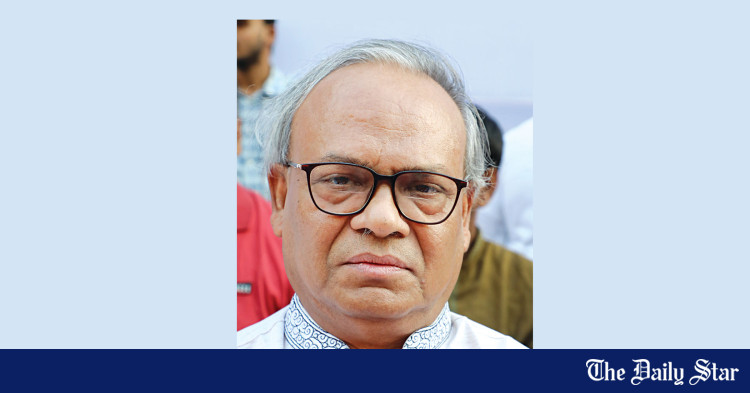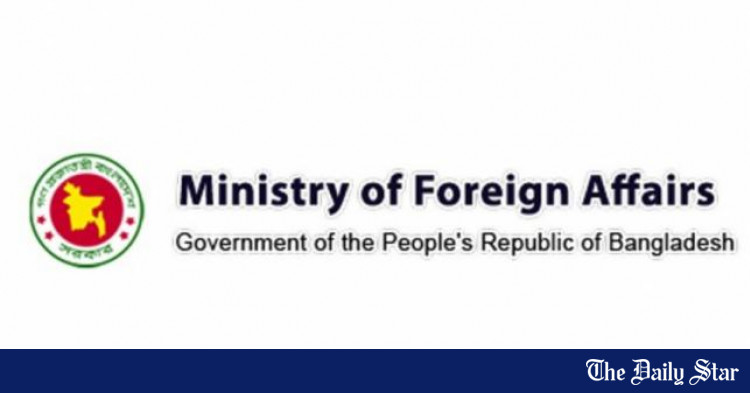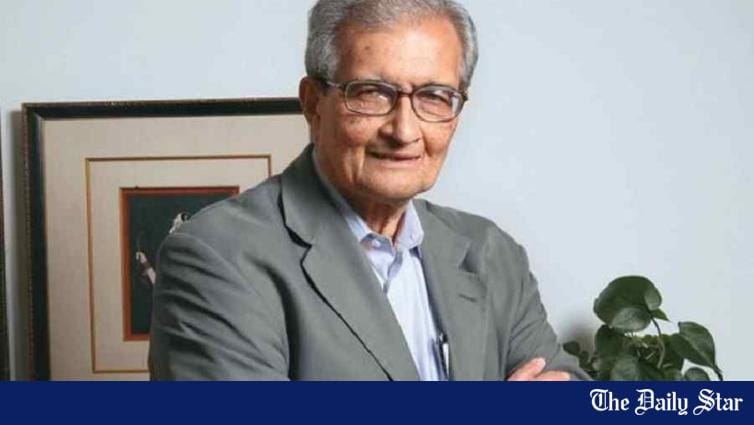- Copy to clipboard
- Moderator
- #85
- Jan 24, 2024
- 2,827
- 1,402

Bangladesh summons Indian envoy to stop Sheikh Hasina
Bangladesh has lodged a strong protest with India regarding false and fabricated statements and remarks made by former prime minister Sheikh Hasina, aimed at creating instability in Bangladesh through the use of social media and various platforms while staying in Delhi. On Thursday, the foreign...en.prothomalo.com
Bangladesh summons Indian envoy to stop Sheikh Hasina
Diplomatic Correspondent
Dhaka
Published: 06 Feb 2025, 18: 15
View attachment 14138
Foreign adviser Md. Touhid Hossain at a media briefing at the foreign ministry on 1 October 2024File photo
Bangladesh has lodged a strong protest with India regarding false and fabricated statements made by former prime minister Sheikh Hasina, aimed at creating instability in Bangladesh through the use of social media and various platforms while staying in Delhi.
On Thursday, the foreign ministry summoned the acting high commissioner of India to Dhaka and handed him a letter of protest. The foreign ministry announced this in a statement.
In response to questions during a briefing at the ministry, foreign adviser Md Touhid Hossain said Bangladesh had formally requested India in writing to prevent Sheikh Hasina from making such statements and remarks, as those are against the interests of Bangladesh.
He also said, "We have not got any response in this regard. Due to recent developments, Bangladesh has once again sent a protest note to India. Indian acting high commissioner was summoned and handed over the protest letter so that she (Sheikh Hasina) is prevented."
The foreign ministry stated that the note handed over to the acting high commissioner conveyed Bangladesh's deep concern, disappointment, and serious objections to such remarks, as those hurt the sentiments of the people of Bangladesh. It also pointed out that such actions by Sheikh Hasina are considered hostile towards Bangladesh and do not contribute to establishing a healthy relations between the two countries. The protest note stressed that this behaviour is not helpful for promoting friendly relations.
The ministry requested that India take immediate action based on mutual respect and understanding, urging them to prevent Sheikh Hasina from making false, fabricated, and inflammatory statements using social media and other platforms while in India.
In the past six months, Bangladesh has summoned Indian diplomats at least four times over various incidents, including an attack on the Bangladesh mission in Agartala and the killing of a Bangladeshi citizen at the border.
If Hasina was given shelter by India, India must stop her from issuing anti-Bangladesh statements. Hasina's statements against current interim govt. in Bangladesh will be considered hostile statements from India, which will affect bilateral relations between the two countries.












